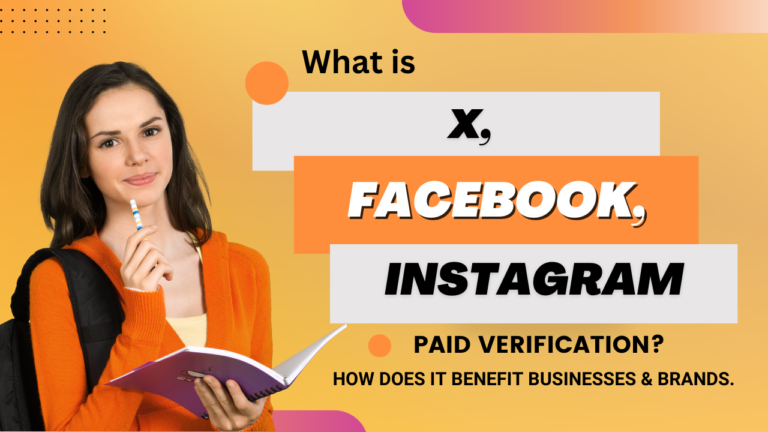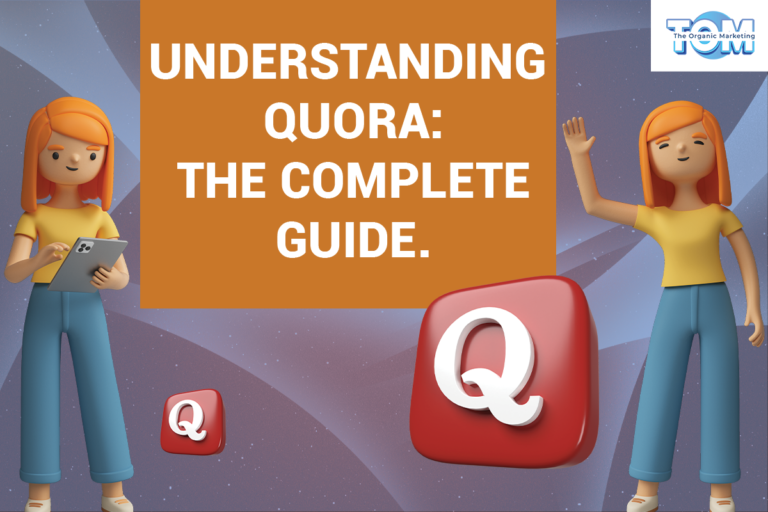Search Engine Optimization – Everything You Need To Know
Understanding the art of search engine optimization (SEO) is now crucial in the current digital age when success increasingly depends on one’s online presence. As a compass, SEO directs websites and content to stand out in the wide online landscape.
People, businesses, and marketers might successfully engage with their target audiences by harnessing the power of search engines by understanding the subtleties of SEO. This thorough blog goes into the realm of SEO, explaining every aspect from the fundamentals to advanced methods, giving you the knowledge you need to confidently move through the digital environment.
What is SEO?
The goal of SEO, also known as search engine optimization, is to increase a website’s exposure in search engine results pages (SERPs). It combines technological improvements, content production, off-page strategies, and on-page optimization.
The main objective of SEO is to raise a website’s authority, draw organic (unpaid) traffic, and rank it higher in search engines like Google, Bing, and Yahoo. By enhancing a variety of factors, SEO makes sure that a website is pertinent, educational, and user-friendly, increasing the likelihood that individuals searching for pertinent subjects will find it.
How Does SEO Function?
Search engine algorithms, which are intricate formulae that affect how search results are prioritized and displayed, are at the heart of how SEO functions. In order to crawl and index websites, search engines consider several elements, including backlinks, user experience, content quality, and keywords.
These variables are then taken into account by algorithms to produce the most pertinent and useful search results for consumers. In order to increase the likelihood that a website will rank better in SERPs, SEO professionals deliberately match their efforts with these parameters. SEO strives to develop a full digital footprint that search engines recognize and prioritize by optimizing both on-page and off-page components.
On-Page SEO vs. Off-Page SEO
In order to increase a website’s search engine ranks, on-page SEO entails improving certain website features. Content, meta tags, headers, pictures, URLs, and internal links may all be optimized. Better on-page SEO is facilitated by properly structured HTML code, keyword-rich content, and a user-friendly interface.
On the other hand, off-page SEO concentrates on enhancing a website’s authority and reputation through outside variables. This mostly entails obtaining trustworthy backlinks via social media interaction, influencer partnerships, and guest writing. For a thorough SEO approach, a well-balanced mix of both on-page and off-page methods is required.
Advantages & Disadvantages of SEO
Advantages
- Cost-Effective: When compared to paid advertising, SEO provides a long-term, reasonably priced method of increasing organic traffic.
- Higher Visibility: Increased website exposure enables it to reach a wider audience and draw in targeted visitors.
- Credibility and Trust: High search engine ranks increase users’ credibility and trust, which raises the probability that they will engage.
- Sustainable Results: Over time, efficient SEO efforts can provide effects that are long-lasting and sustainable.
- Targeted Traffic: With the help of SEO, you can target particular demographics and keywords to make sure the correct people see your material.
Disadvantages
- Time-Intensive: In order to achieve noticeable results, SEO demands ongoing work, tolerance, and time.
- Algorithm Changes: Search engine algorithms often change, making continual SEO strategy tweaks necessary.
- Competition: It becomes more difficult to stand out as SEO becomes more popular due to increased competition for high rankings.
How to Implement and Boost SEO?
- Technical Audit: To find and resolve problems that can impede the performance and crawlability of your website, do a thorough technical audit.
- Keyword Optimization: Create a strategic approach for using target keywords in your material, making sure they are used naturally and appropriately.
- Content Strategy: Develop a content strategy that is interesting, diverse, and focused on useful themes.
- Link Building: Look for possibilities to develop backlinks through guest posting, partnerships, and producing content that can be shared.
- Mobile Optimization: To accommodate the growing number of mobile users, make sure your website is mobile-friendly.
- Local SEO: Create and maintain accurate Google My Business accounts to optimize your website for local results.
5 SEO Tips for Beginners
- Keyword Research: Start by choosing high-volume keywords that are pertinent to your content and your target market.
- Quality Content: Produce useful, enlightening, and thoroughly researched material that responds to user needs and offers solutions.
- On-Page Optimization: Put keywords in your titles, headers, and meta descriptions to optimize your content.
- Backlink Building: To increase the authority of your website, concentrate on obtaining high-quality backlinks from reliable domains.
- User Experience: Make sure your website is user-friendly on mobile devices, simple to use, and provides a smooth experience.
How Long Does It Take to See SEO Results?
The time it takes to observe SEO advantages varies, but first gains are often seen in 1-3 months thanks to technical improvements and keyword optimization. Mid-term improvements, lasting three to six months, including higher ranks and organic traffic as search engines take effort into account.
Higher authority and sustained growth are possible over the long run after 6 to 12 months of persistent content development and link building. The continuing nature of SEO calls for perseverance, but the cumulative impacts over time lead to improved brand legitimacy, user trust, and more organic traffic, making it a worthwhile investment for long-term online success.
Mastering SEO is crucial for online success in a digital ecosystem driven by user searches. Understanding its fundamentals, developing a holistic strategy, and consistently optimizing your digital presence can increase search engine rankings, attract organic traffic, and build a strong online reputation. SEO is a dynamic practice requiring constant adaptation and creativity.
To know more about search engine optimization (SEO), contact The Organic Marketing, the SEO experts, today!







